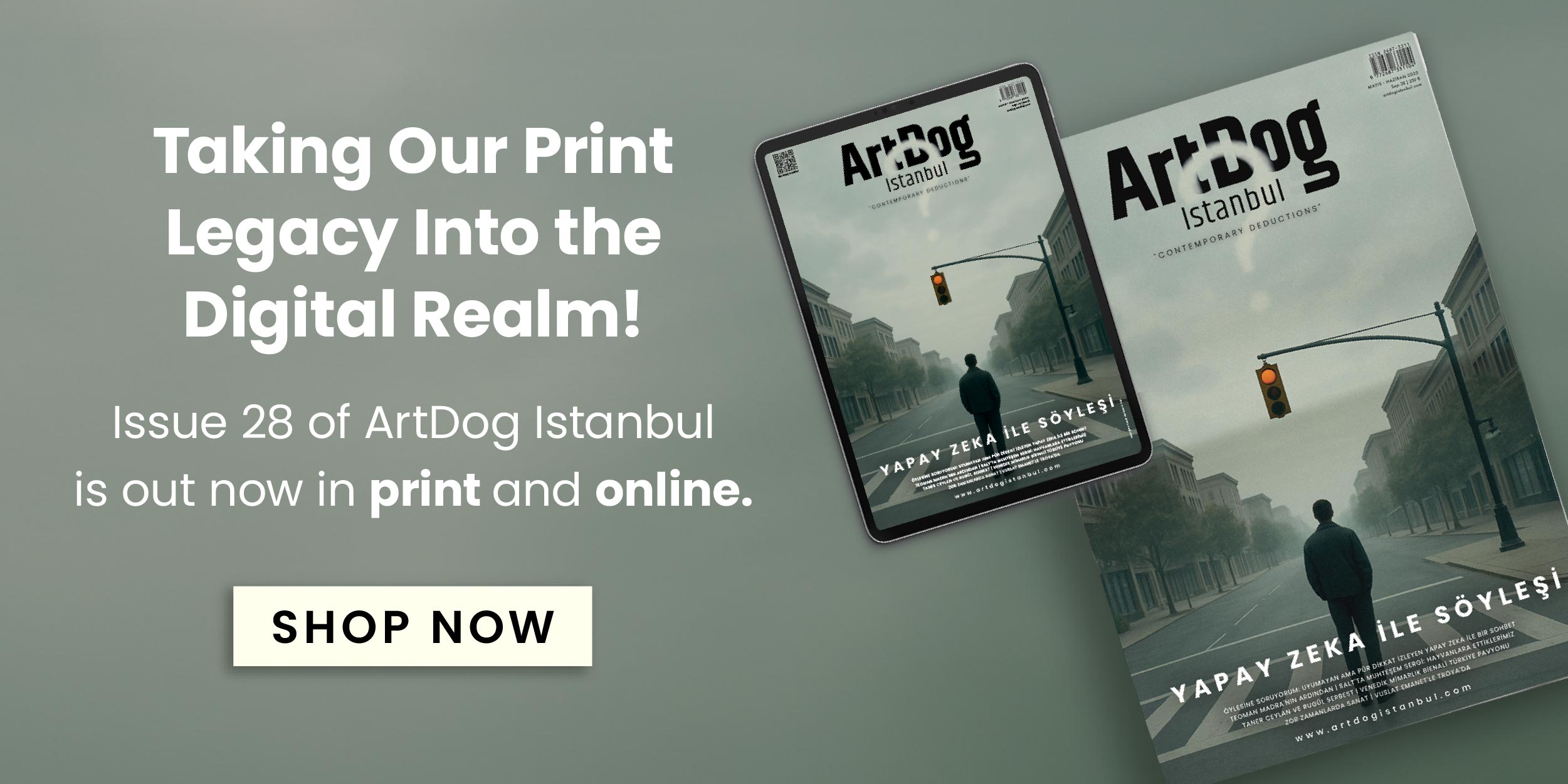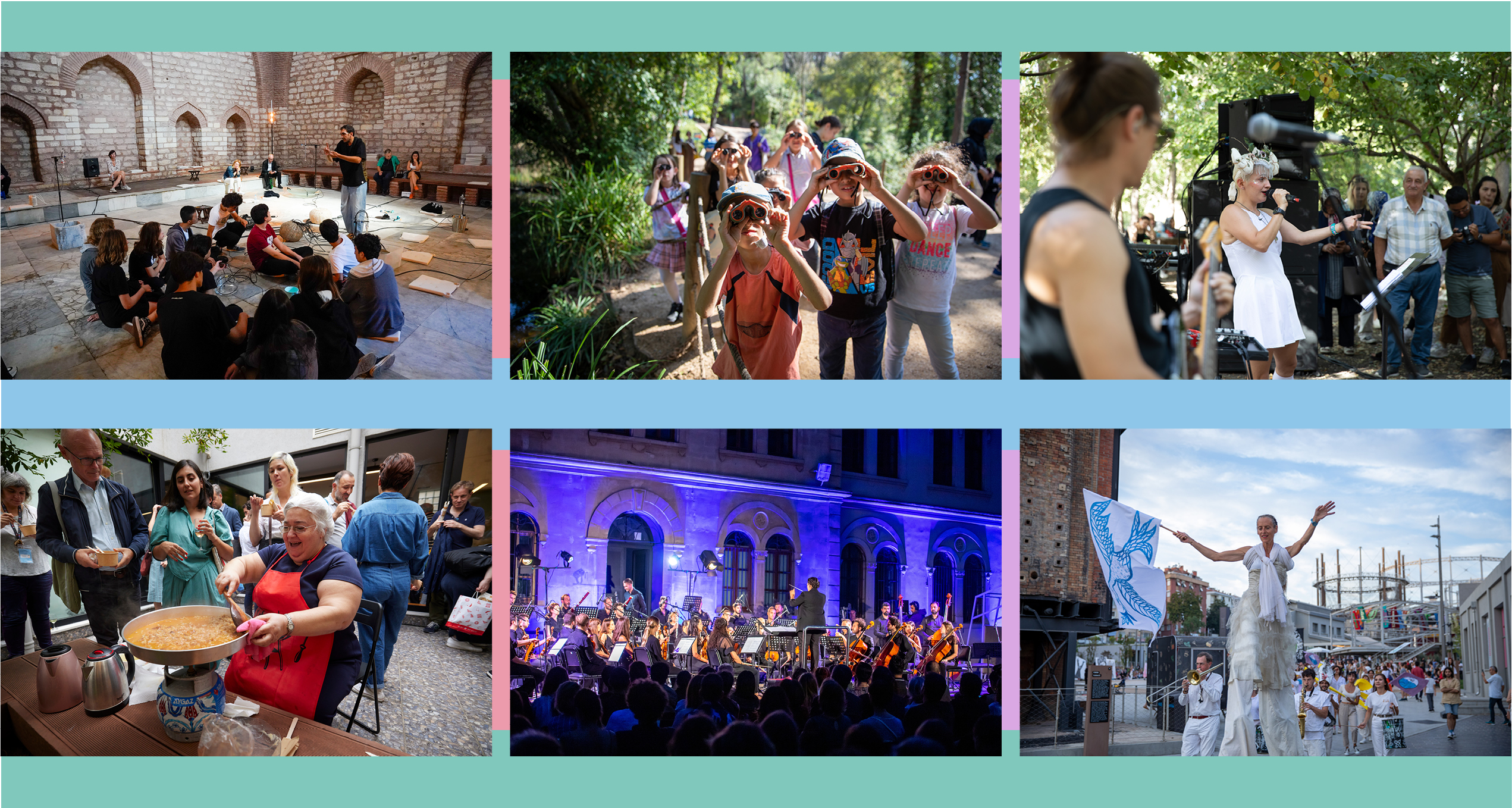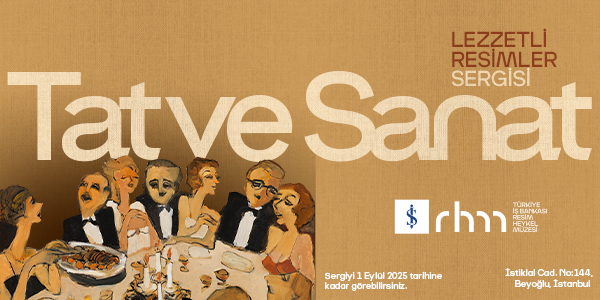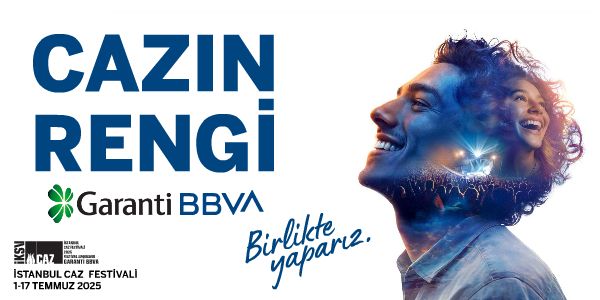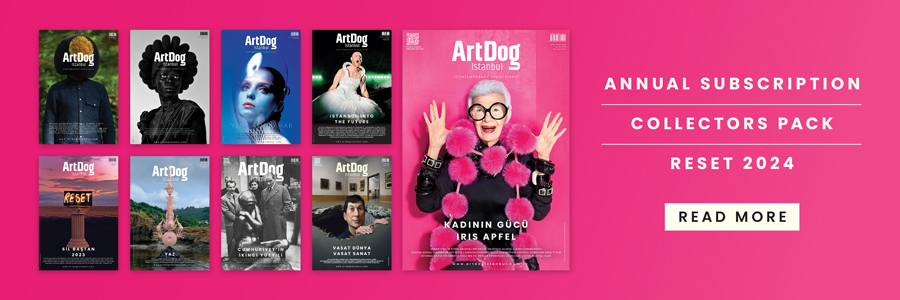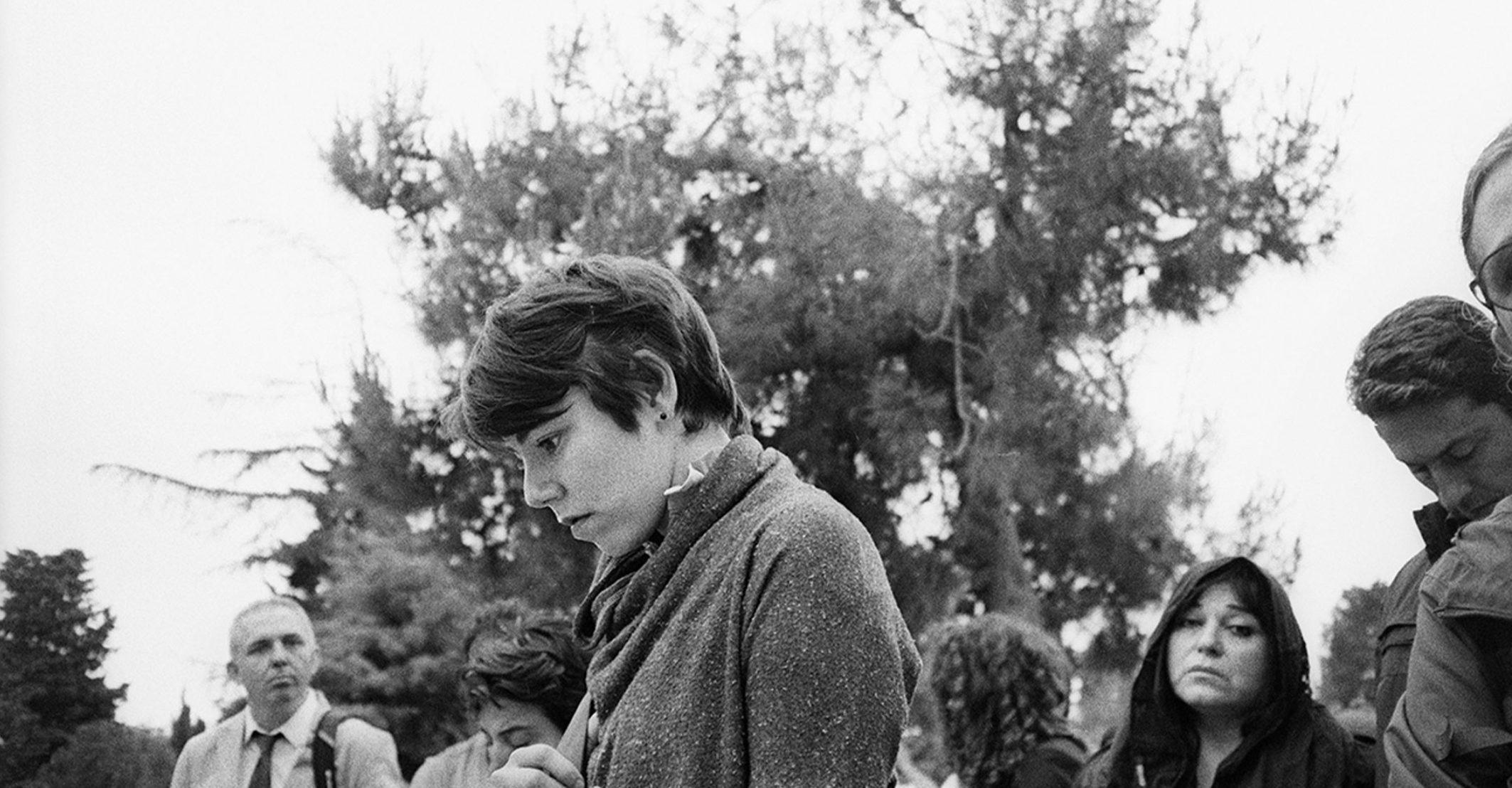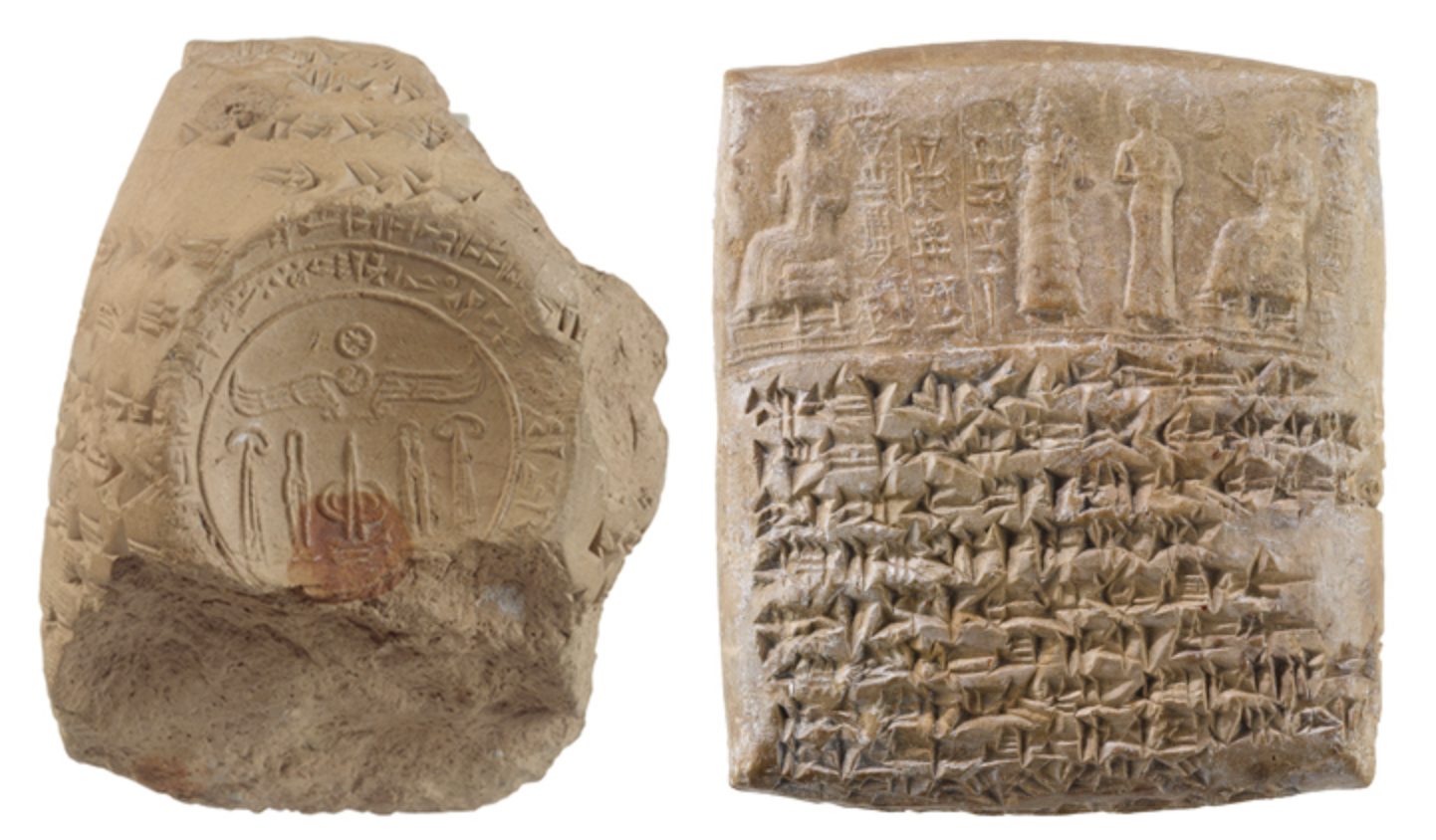The controversy arose when Turkish curators raised doubts about the selection of Iwona Blazwick as the curator for the upcoming Istanbul Biennial. They were puzzled about the criteria for her selection, considering she was already a member of the biennial’s advisory board.
Some said it was initially unclear if Ms. Blazwick had appointed herself, but according to IKSV, she later stepped down from the panel. Recently, an article by Christina Ruiz on Artnewspaper.com has shed light on the selection process for the Istanbul Arts and Culture Foundation (IKSV) curator. Defne Ayas was unanimously selected to organize the next edition of the Istanbul Biennial but was ultimately rejected by the foundation responsible for the exhibition.
In January, the Istanbul Biennial advisory board met to review four curators who were shortlisted. One of the candidates was Defne Ayas, a well-known curator who has organized exhibitions such as the Gwangju Biennial in South Korea in 2021 with Natasha Ginwala, the Moscow Biennale in Russia in 2015, and the Baltic Triennial in Lithuania in 2012. Ayas was the preferred choice for most of the advisory panel, which included Selen Ansen, a curator based in Istanbul and curator at Arter Contemporary Art space in Istanbul, Agustín Pérez Rubio, an independent curator based in Spain, Iwona Blazwick, and Yuko Hasegawa, the director of the 21st Century Museum of Contemporary Art, Kanazawa, as well as Turkish-Armenian artist Sarkis, who resides in Paris. However, IKSV decided to work with Iwona Blazwick instead, leading to the resignation of three advisory panel members.
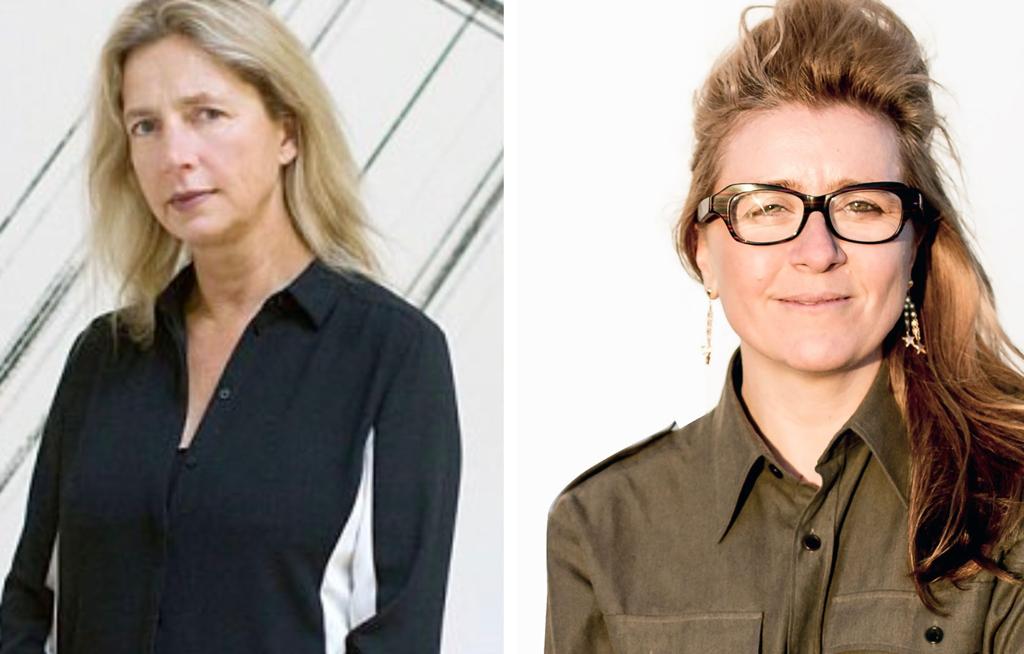
Defne Ayas said in an email statement to ArtDog, she was honoured to hear that her project was selected by the board. ‘‘I would love to curate Istanbul Biennial, but it did not happen. I hope these developments will pave the way for IKSV and the Istanbul Biennial to become more transparent and engage in dialogue with the contemporary art community. That’s all I have to say.’’
The recent controversy surrounding the resignations of the panel shed light on the fact that the proposals made by the board were dismissed by the IKSV. This raises questions about the effectiveness of the managerial system. It also prompts us to wonder about the role of the advisory board in the past. Was it just a cosmetic assembly of people meant to give the impression of involvement?
According to Vasif Kortun, one of the most notable figures of contemporary art, founding director of Research & Programs of SALT, the recipient of the Award for Curatorial Excellence from Bard College, who co-curated biennials including the Taipei (2008) with ManRay Hsu, and the 9th Istanbul Biennial (2005) with Charles Esche the issue with the biennial is the lack of an advisory board and frequent resignations of board members. Kortun also pointed out that Ute Meta Bauer, the curator of the previous biennial, was once part of the advisory board, but the institution seems to be adept at concealing such incidents.
Kortun has raised concerns about the appointment of a super-white European woman or man as a curator, which he has previously expressed when Nicolas Bourrioud was appointed. Kortun suspects that there could be undisclosed factors affecting these appointments. In 2007, he established advisory board rules for IKSV, but he is uncertain if they are still in effect. Furthermore, Kortun revealed that he and Charles Esche resigned from the board in 2011 after the committee failed to agree on a curator for the biennial.
On the other hand, IKSV has released a written statement saying that: ‘‘The curator of the Istanbul Biennial is appointed by the management of the Istanbul Foundation for Culture and Arts (İKSV), which organizes the biennial. The Istanbul Biennial Advisory Board, which contributes to the biennial in various ways, is tasked with recommending curator candidates. As all members of the Advisory Board know, the final decision is always made by İKSV management. After carefully evaluating the Advisory Board’s list of highly qualified candidates, İKSV management decided to invite Iwona Blazwick, renowned for her knowledge, experience, and achievements in the international art world, to be the curator of the 18th Istanbul Biennial.’’
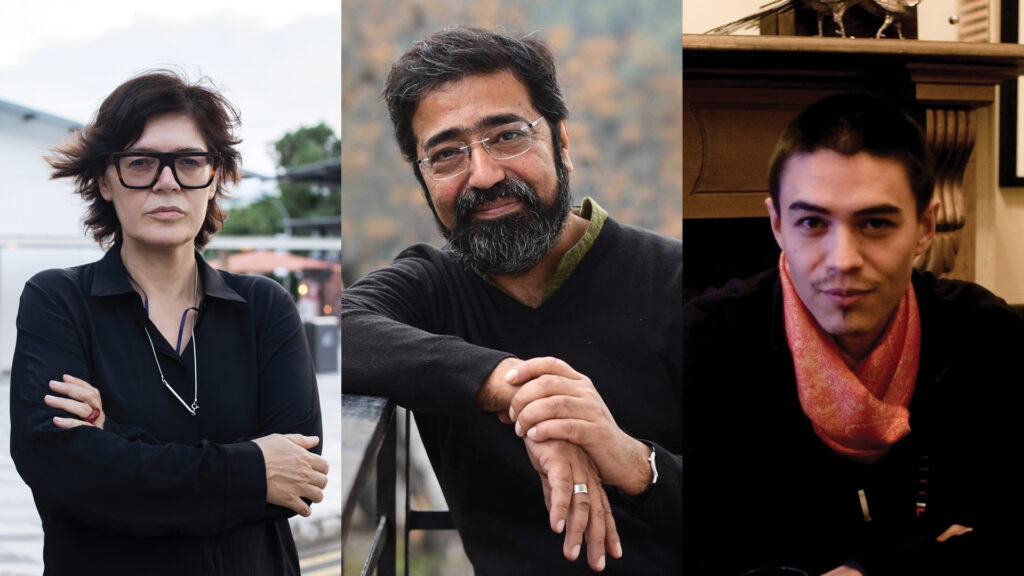
The toxic climate of politics should not get in our way
Misal Adnan Yıldız, the curator and director of Staatliche Kunsthalle Baden-Baden, as well as the former director of Künstlerhaus Stuttgart and Artspace Aotearoa, has stated that in the art scene around the world, events typically involve an open call or closed competition with a focus on transparency. However, Yıldız wonders if it is too much to ask for the same level of basic community standards to be upheld in Turkey. The curator stresses the importance of being responsible and accountable for ensuring these standards are met.
‘‘We should ask for more accountability and more transparency. Let’s not just get stuck with Iwona Blazwick’s appointment. But the main question that we should ask is; If the advisory board is not functioning as it should be, how is it possible to use the selection committee in the right way? Previous İstanbul Biennial curators Ute Meta Bauer and Carolyn Christov-Bakargiev also served on the committee, for instance, Bakargiev was also on the committee of 12th Istanbul Biennial. Then she curated the 14th Biennial. So, if you have served as a committee member how it is possible to become a curator of the biennial? If there are other interests in it, then it is not working.’’
Yıldız suggests that it is important to establish clear criteria and principles for the committee and selection process. ‘‘If there is a framework, we need to ensure that there are rules everyone must follow, which is essential. It is so important to have transparency for the selection committee, selection criteria, and open call or proposal development conditions like many other democratic events in the world and we want our art scene and system to meet the same standards as other countries.’’ Yıldız highlights that many artists and curators are currently exploring this topic, and their insights are highly valuable.
‘‘The toxic climate of politics should not get hold of everything, we can hear each other. I still appreciate IKSV and Bige Örer for taking care of the biennial for all these years in very difficult situations such as Gezi Protest to coup d’etat moments. Many things happening in the country and there is oppression and repression in our way everything is hard to balance, and this is a very thin red line. But we should all know it is dangerous to become more royal than the king. That’s why every action towards nepotism, mediocracy, and hypocrisy is healthy and we need to take over certain institutions, and certain organizations,’’ added Yıldız. According to the curator, maybe Görgün Taner should retire after decades and let new people take over. It is obvious that many organizations in Turkey are run by senior men. Maybe we should take a deep breath and embrace the change. We all want Turkey to be a world country, not an isolated, introverted, and self-pity hell.”
The selection committee appears to be concentrating on the same individuals and curators, and we have seen there are objections to this. Academic Osman Erden, in his most recent article for Politikyol, highlighted a new trend in Turkey known as “artwashing”. This term refers to how major polluters and organizations that harm the environment may utilize the arts to improve their public image.
According to Erden, IKSV proved that they have the incentive of not applying advisory board decisions while leaving the decisions to directors. Something comes as strong evidence when we see a striking detail in the budget included in the 2022 annual report of the foundation: While only 4% of the budget was covered by the public, 52% was provided with the support of sponsors, wrote Erden. So, in a way, there is a committee but there is also a board of directors, full of names from the business world, Bülent Eczacıbaşı (Başkan), Ahmet Kocabıyık (Başkan Yardımcısı), Oya Eczacıbaşı, Teoman Akünal, Ebru Dildar Edin, Görgün Taner, Zeynep İnanoğlu Özdemir, Mehmet Keteloğlu, Burçin Girit, Özgür Tanrıkulu.
It’s widely acknowledged that sponsorship plays a crucial role in supporting institutions such as IKSV. In this sense, can we say; ‘artwashing’ as a technique that uses art can clear the pathways and promote positive associations with the sponsors?
Erden’s article suggets the same the technique is used in Turkey in other fields of art, such as art fairs and events. He wrote: In the field of contemporary art in Turkey, two phenomena have emerged sharply in recent years. The harmlessness of art and ‘artwashing’. For the Turkish equivalent of the latter, Beral Madra has a suggestion: washing with art. Turkey’s collection of both harmless art and art laundering is growing more extensive with each passing day.
New developments and resignations
The lack of transparency in the appointment process had an impact on Turkey’s Venice Biennale pavilion. In a press release in July, IKSV announced that the Türkiye Pavilion would feature an installation by the renowned artist Gülsün Karamustafa during the 60th International Art Exhibition – La Biennale di Venezia, which will take place from April 20 to November 24, 2024. Initially, Esra Sarıgedik Öktem was set to curate the pavilion, but due to recent developments, she has resigned. Öktem stated: As the professional representative of Gülsün Karamustafa, and founding director of BuroSarigedik, I wanted to avoid any conflict of interest that my new role as a curator might present. As such, my team and I have reorganized the workflow of the office and redefined my role in a way that would keep me separated from the day-to-day operations of the business side of representing Gülsün Karamustafa.
Öktem said: ‘‘Gülsün Karamustafa and I have worked together on many projects since 1997. Our discussions and exchanges have ranged from the highest abstract thought exercises to the utmost minute details of production.’’ Öktem also added, ‘‘Recent events involving my dear friend and colleague Defne Ayas, have distressed me very deeply and it also highlighted the need for a more transparent selection process and the lack of mutual communication.’’
Curator said developments of the last few days have led her to re-think her decisions; not just on a professional level, but as an individual with a keen awareness of the precedents and legacies we leave behind for future generations.
Öktem noted that even though they have already undergone major changes at BuroSarigedik on both leadership and operational levels, she has decided that she needs to be even more vigilant about avoiding conflicts that may arise in ways that I cannot foresee at the moment.
‘‘I hereby resign from this position; a position that I have worked towards diligently for years, with dignity and tenacity; a position, the recognition of which I was eager to celebrate together with all my colleagues and friends who called to congratulate me,’’ she said.

